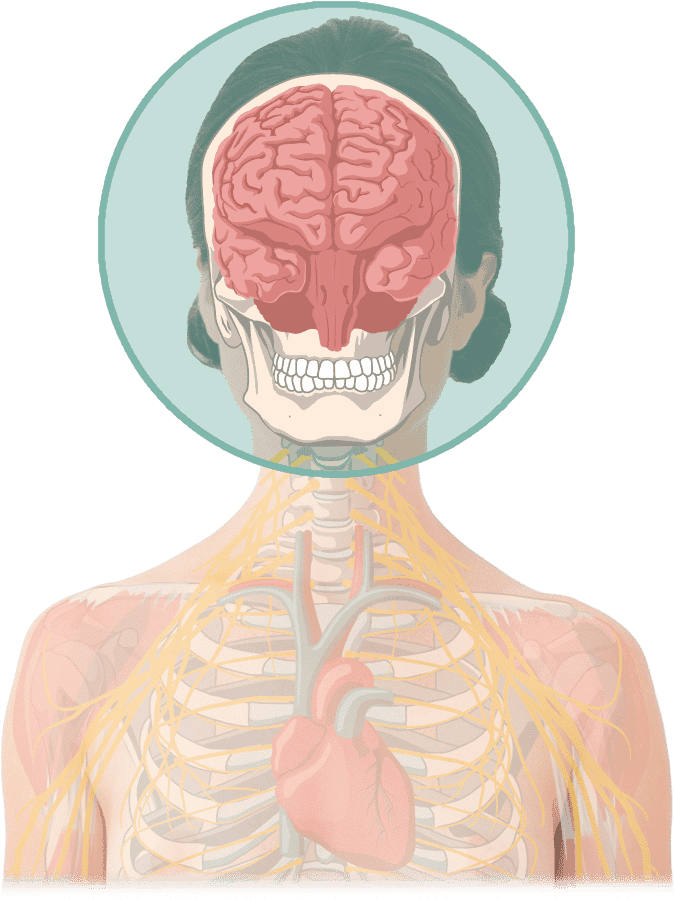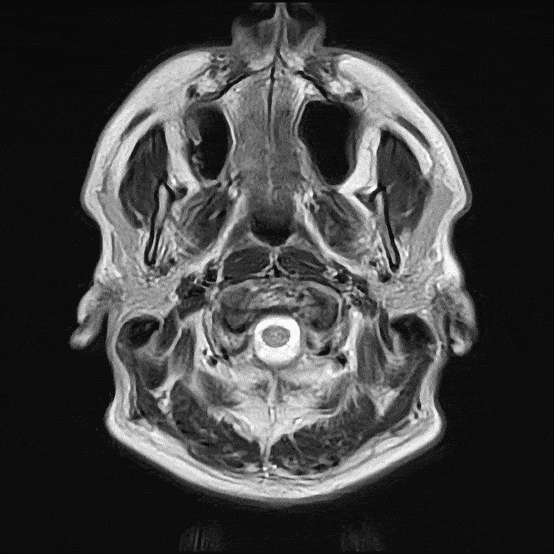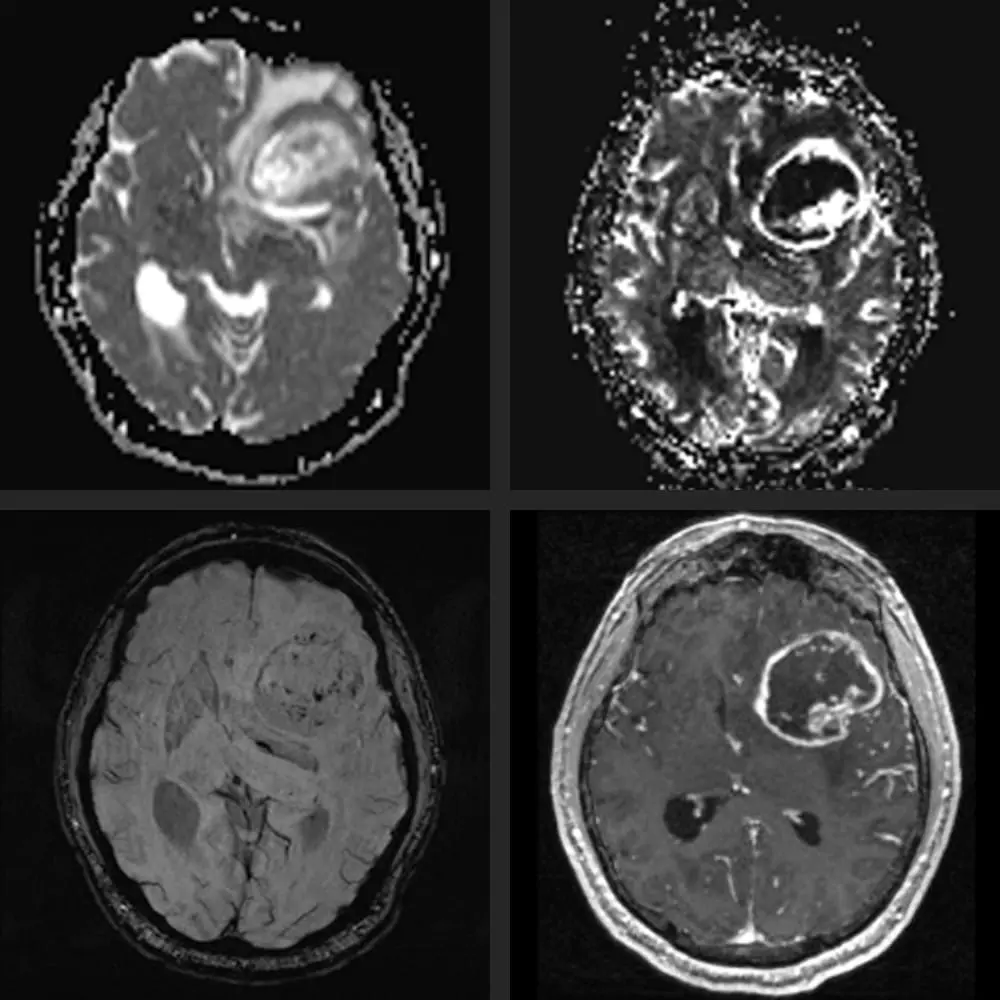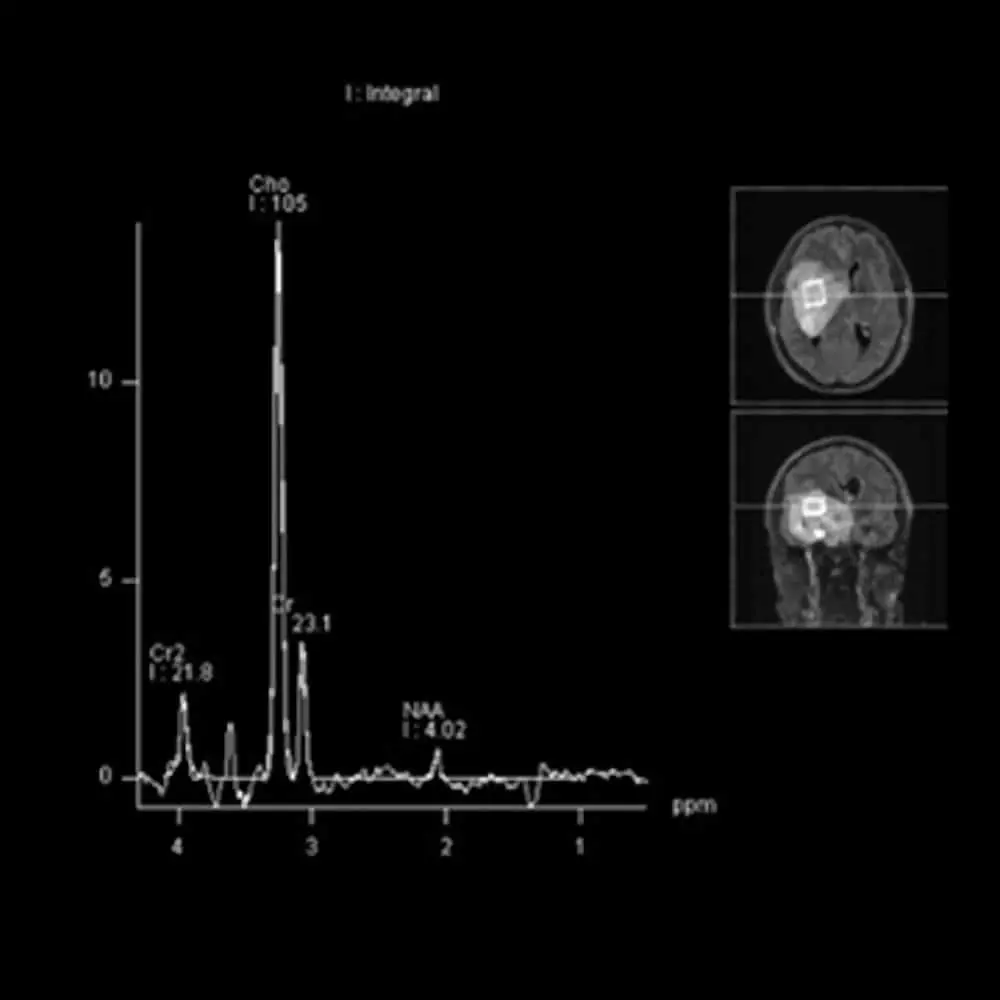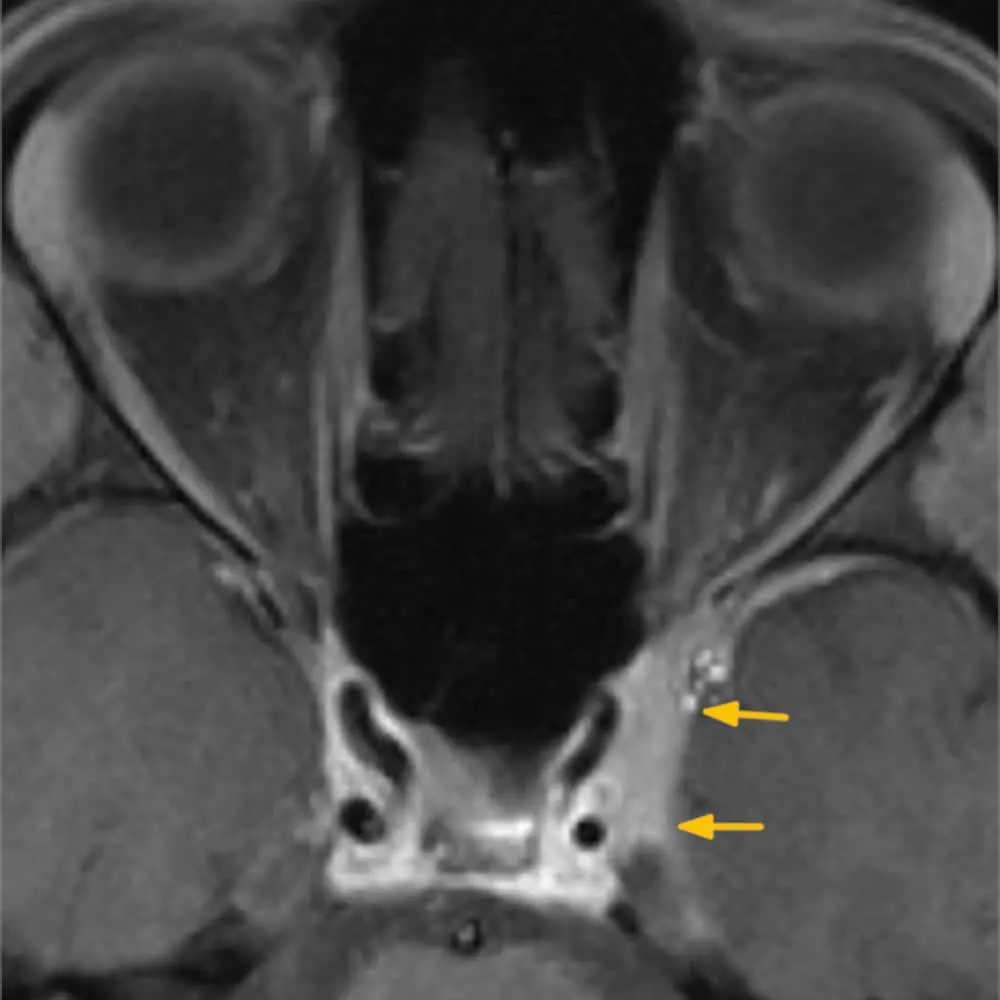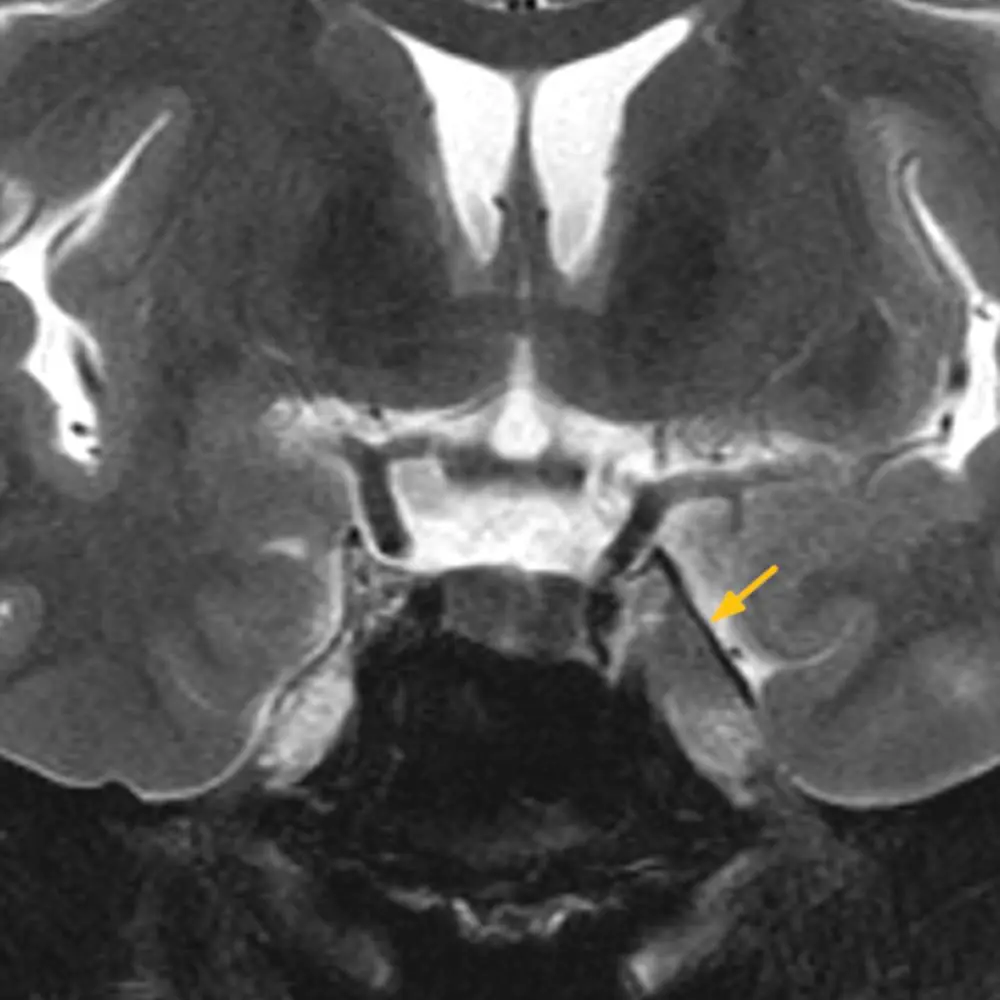With the help of a functional MRI (fMRI), changes in blood flow and metabolic processes in the brain can be made visible. The examination consists of a so-called pre-scan, an anatomical MRI image and the actual fMRI. As soon as one of our brain areas is activated - for example, because we have to think of something specific or solve a task - the metabolism in this area is ramped up. Our radiologists can follow these changes based on the MRI images.
The procedure is used, among other things, to diagnose depression. But fMRI is also used for epilepsy, Alzheimer's, and Parkinson's. In the case of depression, you must first rule out inflammatory, vascular or degenerative processes and a brain tumour.
As fMRI is a highly specialised procedure, we can only offer this examination at selected locations. Feel free to contact us; our staff will advise you.
